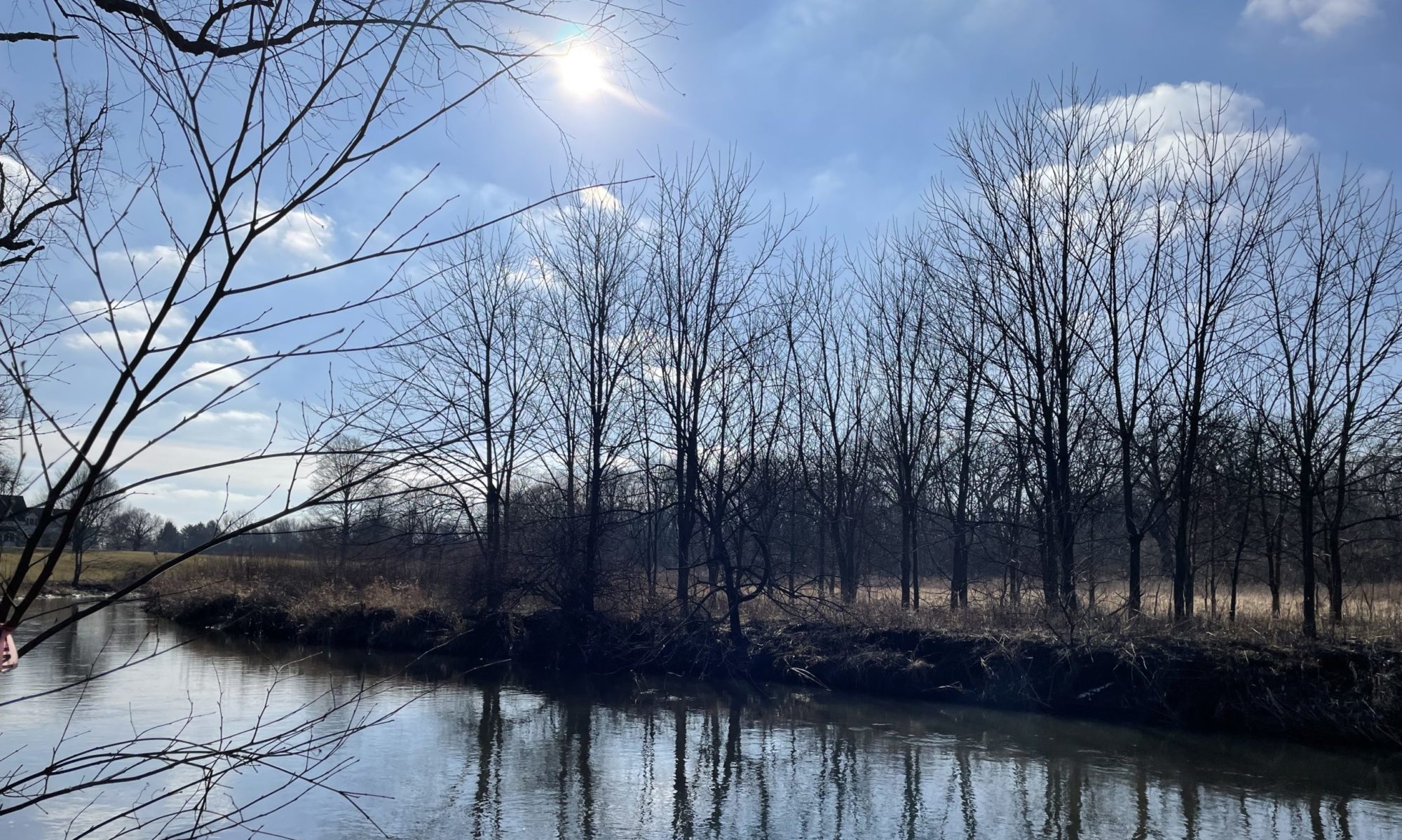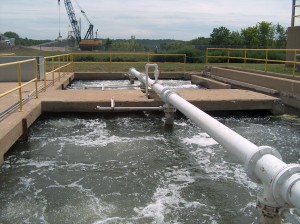As a member of the American Society of Civil Engineers (ASCE), I regularly receive information and notices proclaiming their annual "grading" of our nation's infrastructure. There is even a website to promote this effort: http://www.infrastructurereportcard.org/. My opinion on this might not be popular with my colleagues, but frankly I have never thought this report was valid or a good idea. Finally after reading a LinkedIn thread about how engineers get no respect and a related link criticizing the annual report card, I decided to share my thoughts, as an engineer, on this public relations effort.
First of all, imagine going to the Infrastructure Report Card website as an average citizen – not an engineer. On the site there is a listing of all the different categories of infrastructure we are responsible for designing, building, and maintaining such as water, wastewater, dams, bridges, roads, parks, etc. Not one of them has a grade above a C and the average is a D. Now imagine going to the medical association's website and seeing a listing of items for which they are responsible such as cancer, common cold, fractures, etc. and a related listing of grades. How would you feel about the medical profession if they gave themselves all C and D grades for those? Because on the face of it, that is how it looks to someone who is not involved in the industry – engineers are grading themselves for the work they do and the infrastructure for which they are responsible, and can't manage to get above a D average! Then we wonder why we get no respect!
Now, I realize those responsible for setting up this effort would respond by explaining that no, it's not a grade on our efforts, but a wake up call that government is not giving us enough funds to adequately build and maintain the infrastructure. Because that's what this is really all about, trying to convince legislators they need to funnel more money into infrastructure. But I don't think it's working, and it should be no surprise why not. If I was funding work by a group and the reports kept coming back every year that the work was underperforming, I would start asking some questions such as why is your work failing, what progress is being made with the funds, and what else can be done besides throwing more money at it?
As an engineer, I am well aware of the need for funding, but as one who has worked in a severely economically depressed city for many years, I also realize that part of my job as an engineer is to figure out how to get the most from the money we have and explain to the elected officials the trade-offs for the different funding levels. Because that is what engineers are supposed to do best – analyze a problem, figure out solutions, attach dollars to them, and let elected officials decide which level of service they want. Then we build the best system we can with the money we receive.
In the last city where I worked, I would have graded our infrastructure efforts as an A because by working together, we were often able to figure out ways to get things done at a very acceptable level with very few dollars. If you drive through that community today, just about every road is in great shape while the neighboring community, whose coffers were always filled with millions more tax dollars than ours, has a proliferation of crumbling roads. This shows that while money is an important component, a successful system also requires people in government working together and making the right choices for the public good with patience and understanding of the goals and the ability to implement creative solutions.
And my past employer is far from unique – the fact is that many cities have systems that are well managed and maintained. I can't imagine anyone traveling across the U.S. coming to any conclusion other than the infrastructure in our country is very good. The true measure of success is demonstrated by the fact that the majority of us make it to work each day without even thinking of the roads we drive on, the water we use to get ready for work, the wastewater system that disposes of all the water we use, the stormwater systems that prevent any rain from keeping us from traveling safely, etc. So the real question is, how are we really measuring this grade?
I get the impression ASCE determines this grade by assuming a life for our assets and assigning a replacement cost then comparing that to funding levels. And because these levels don't match the replacement costs, we must be failing. The flaw in this is that just because something like a water main is more than 50 years old does not mean it is at the verge of imminent failure. But according to ASCE, if politicians don't give us money to rip it out at year 51, that main drops to a D. I've worked in cities where mains were 120 years old and were still delivering water to homes and businesses with no breaks or signs of failure. That's not a D, and it is irresponsible as an engineer to lead people to believe that it should be replaced strictly based on its age. Yesterday an engineer with a national consulting firm told me that in their experience they've noticed the older a main gets, the less chance it actually has of failing. And based on my experience, I agree. We also heard from that engineer and another at a different national firm, that most water main failures are occuring in mains built in the first few years after World War II because there was a decrease in the quality of materials at that time. And I can't understand how anyone can assign a life to PVC water main pipe since we don't have enough experience with it yet to really know how long it will last. Based on all this, it appears age is definitely not the only factor in determining the need for replacement.
So while it is a good idea to have some report of the state of our infrastructure, let's not fabricate the data just to get more business for our profession. And let's not use a grading system that leads people to believe we are all failures at the job with which the public has entrusted us. Instead we should choose to use an accurate and reasonable method of identifying and assessing our assets and reporting the actual projected costs to keep up with the management and maintenance of our system. Because no engineer I know really believes the Infrastructure Report Card is an accurate reflection of our nation's public works systems, it's not achieving the purpose for which ASCE has developed it, and most of us are not too happy that an organization representing our profession is falsely leading people to believe we are failures at our jobs.


